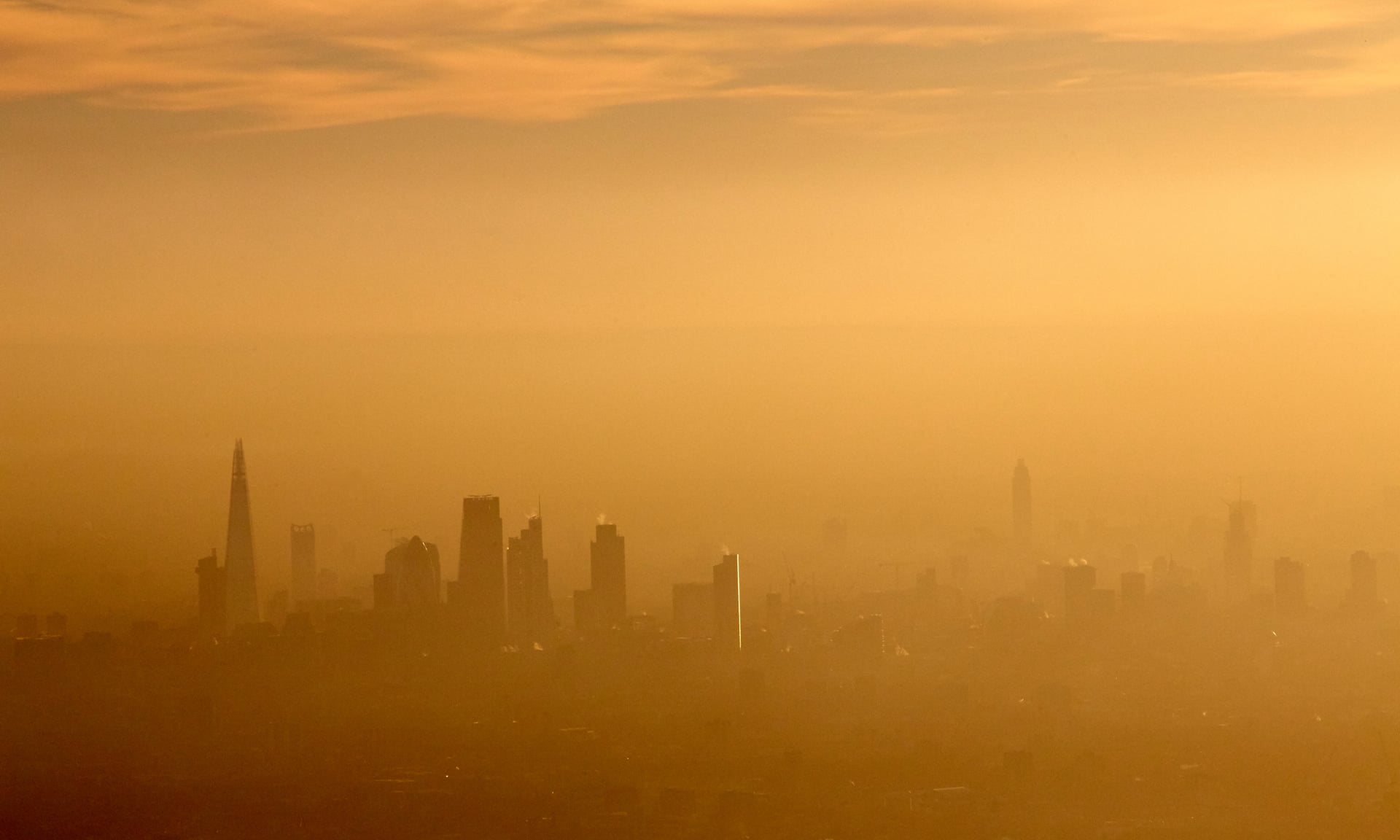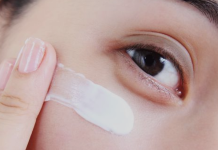As city air becomes more toxic, sales of a new type of product are booming
Demand for anti-pollution beauty products is soaring as Londoners wake up to the impact of toxic air on their complexions. Microscopic particles are second only to the sun in terms of their ageing effect, and there is a growing trend toward skincare designed to combat them.
At the department store Liberty online searches for anti-pollution skincare are up 73% since this time last year. “We’re right next to Oxford Circus” – one of the most polluted places in London – “so our customers are very attuned to the topic and definitely associate pollution with skin ageing,” said the store’s beauty buyer, Emily Bell, who predicts that in the future anti-pollution products will be as commonplace as sun protection creams.
Some products physically shield the skin from pollution, much like sunscreen, while others are cleansers which remove harmful nanoparticles.
One of the most popular items is the anti-pollution face mask, in keeping with the growing popularity of masks as a beauty quick fix.
Nivea has three Urban Detox masks priced at £6.99 each, Kiehl’s has a Pollution Defending Masque at £34, and This Works launched its Evening Detox Clay Mask at £32, within a trio of anti-pollution products last year which was its strongest performing new launch for 2018.
“We’re seeing an increasing global demand for skincare which counters pollution-related skin concerns including dull skin, inflammation, sensitised skin, blemishes, clogged pores and accelerated ageing,” said Dr Anna Persaud, the CEO of skincare company This Works. Like a lot of anti-pollution masks, her brand’s product Evening Detox uses clay to draw out dirt, while some use gentle acids to exfoliate.
For beauty writer Alessandra Steinherr, who included a City Mask in her Primark skincare brand, priced at £3, anti-pollution masks are all about deep cleansing.
“There are still no specific scientific studies to prove that certain ingredients work in tackling the effects of pollution: it’s all still in its infancy,” she said. Steinherr says she was met with surprise when she announced that anti-pollution would be one of the main concerns of her brand, but predicts the trend will become increasingly mainstream.
Since most masks are washed off within 10 minutes of application, it’s reasonable to question their benefits beyond deep cleansing. “A mask can purge some of the toxins from the skin and provide a healthy hydration boost, but once removed, the skin is fully exposed again,” says facialist Debbie Thomas.
Co-founder of online retailer Cult Beauty, Alexia Inge, said it comes down to knowing what you’re buying. “Marketeers love a fear-based marketing theme. But in order to actually protect skin against pollution you really need a leave-on product to create a physical shield, or ingredients like probiotics to reinforce skin’s natural barrier.”
Her site has seen a rise in searches for anti-pollution products, including a 1,000% growth year-on-year for Dr Barbara Sturm’s Anti-Pollution Drops, £105, a booster serum designed to mix with moisturiser. Inge recommends Singaporean brand Allies Of Skin’s 1A All-Day Pollution Repair Mask, £87, which is worn in the place of moisturiser rather than rinsed off.
“People are only just starting to understand that pollution is everywhere: not just in the toxic broth of the city but in your home, in the air, in the water. The beauty industry has been talking about it for a while, and now customers are catching up,’ she said.





















